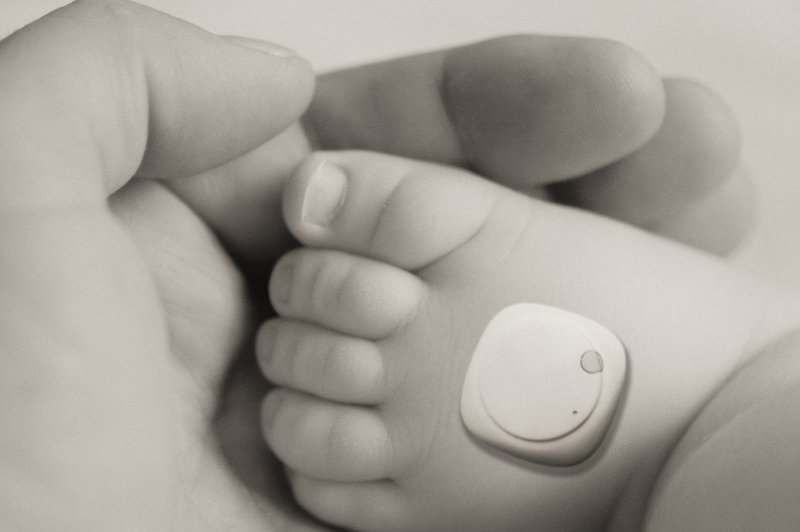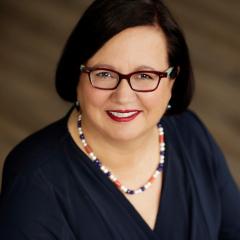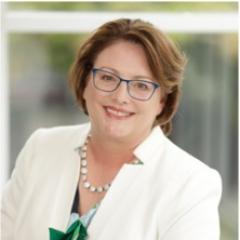 Families living in rural settings often experience difficulty in attending clinical assessments, leading to delays in diagnosis and early intervention for infants at risk of cerebral palsy. As part of our Advancing CP in Queensland (funded by Advance Queensland Innovation Partnerships) we are developing wearable sensors for use on infants at 3-6 months old, to augment current screening methods and help bring down the average age of diagnosis for Cerebral Palsy.
Families living in rural settings often experience difficulty in attending clinical assessments, leading to delays in diagnosis and early intervention for infants at risk of cerebral palsy. As part of our Advancing CP in Queensland (funded by Advance Queensland Innovation Partnerships) we are developing wearable sensors for use on infants at 3-6 months old, to augment current screening methods and help bring down the average age of diagnosis for Cerebral Palsy.
We have designed small lightweight sensors (approx. size of a 5 cent coin) and received ethics approval to shortly begin studies to measure and quantify infant movements in the clinical setting and home environment. We will be recruiting and working with infants starting at 12 weeks of age, with studies taking place at the QCPRRC. The study will involve wearable sensors placed on the hands, feet, torso, and forehead of the infant, and will monitor their movements for a short period of time. Simultaneously, we will capture movement data using an Optitrack Motion Capture system, as well as a traditional video camera for later GMs assessment scoring. Following the completion of this study, we will begin further studies into infants at high risk of Cerebral Palsy, and test the sensors in home and other environments outside of the traditional clinical setting.
We are finishing a systematic review of the different quantitative methods used to predict infants at high risk of Cerebral Palsy. We will also begin outreach to learn more about parent perceptions towards wearable sensors as we eventually move towards in-home sensor assessments and telehealth delivery.
Who can participate?
This study is open to children living in Queensland who meet the following criteria:
- Infants 3 months (corrected age) or younger
- who were born at term (38-41 weeks)
- who did not have any complications prior, during, or directly following delivery
- able to attend four (4) assessment sessions at the Centre for Children’s Health Research in Brisbane.
Exclusion criteria:
- Birth trauma or other complications or admission to neonatal intensive or special care units following birth
Contact details
For more information, please see our study flyer, or contact Dr. Christian Redd. E: Christian.redd@csiro.au



